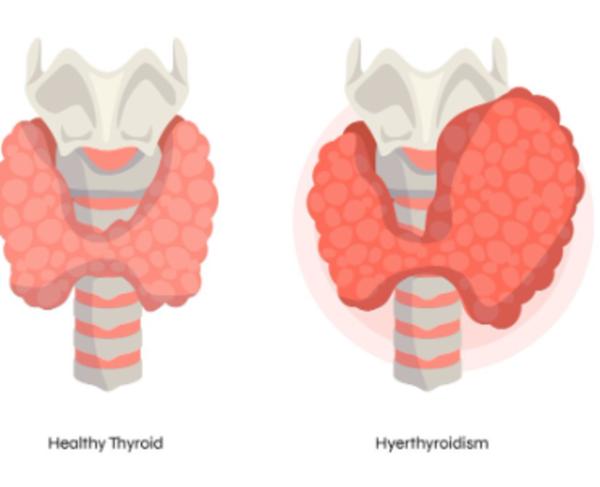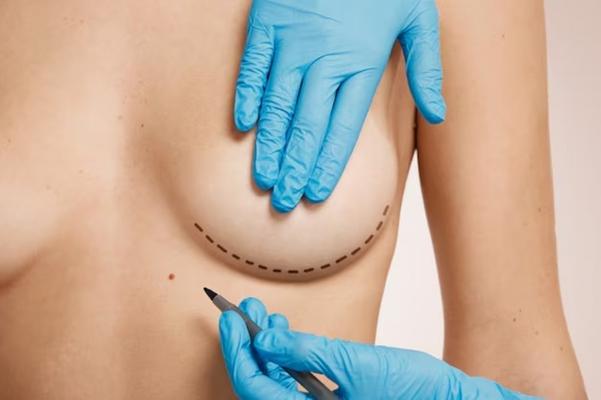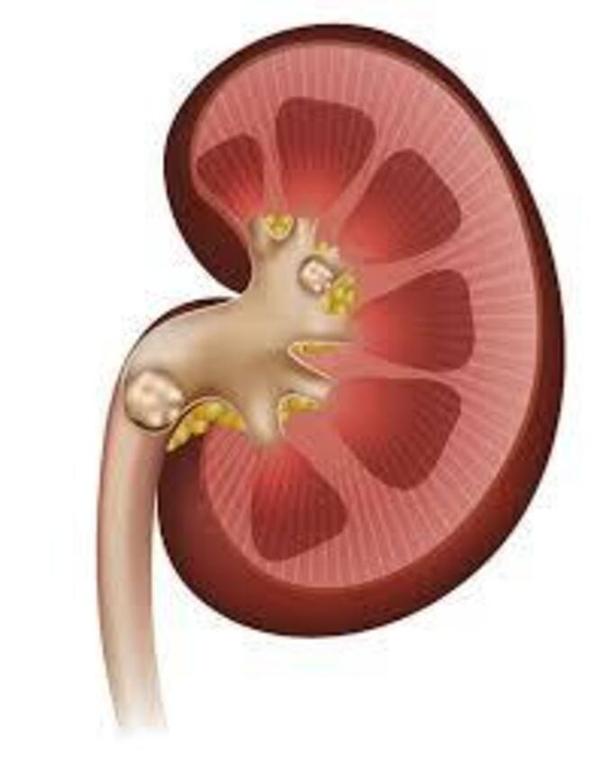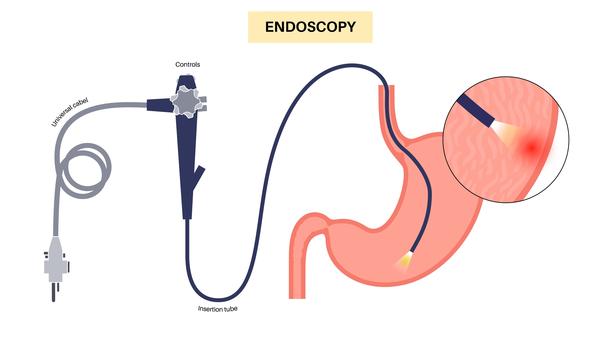
What you should know about piles?
Very often any symptoms pertaining to anal region patient goes to a family physician with complaints of piles and most of the physician prescribe some medicines without physical examination. Many times patients hide the symptoms and is hesitant to get examined.
Hemorrhoids also called piles, are swollen veins in your anus and lower rectum.
Sometimes they don't cause symptoms but at other times they cause itching, discomfort and bleeding.
Fortunately, many effective options are available to treat hemorrhoids.
What are the signs one should note?
• Painless bleeding during bowel movements — you might notice small amounts of bright red blood on your toilet tissue or in the toilet
• Itching or irritation in your anal region
• Pain or discomfort
• Swelling around your anus
• A lump near your anus, which may be sensitive or painful
When to see a doctor and Why it is important?
Bleeding during bowel movements is the most common sign of hemorrhoids. Describe exact symptoms what you have noted and donot assume that you have piles. Don't assume rectal bleeding is due to hemorrhoids, especially if you are over 40 years old. Rectal bleeding can occur with other diseases, including colorectal cancer and anal cancer. If you have bleeding along with a marked change in bowel habits or if your stools change in color or consistency, consult your doctor. These types of stools can signal more extensive bleeding elsewhere in your digestive tract.
Seek emergency care if you experience large amounts of rectal bleeding, lightheadedness, dizziness or faintness. Let examine your doctor.
How you can prevent it?
The best way to prevent hemorrhoids is to keep your stools soft, so they pass easily. To prevent hemorrhoids and reduce symptoms of hemorrhoids, follow these tips:
• Eat high-fiber foods. Eat more fruits, vegetables and whole grains.
• Drink plenty of fluids. Drink six to eight glasses of water and other liquids (not alcohol) each day to help keep stools soft.
• Don't strain. Straining and holding your breath when trying to pass a stool creates greater pressure in the veins in the lower rectum.
• Go as soon as you feel the urge. If you wait to pass a bowel movement and the urge goes away, your stool could become dry and be harder to pass.
• Exercise. Stay active to help prevent constipation and to reduce pressure on veins, which can occur with long periods of standing or sitting.
• Avoid long periods of sitting. Sitting too long, particularly on the toilet, can increase the pressure on the veins in the anus.







